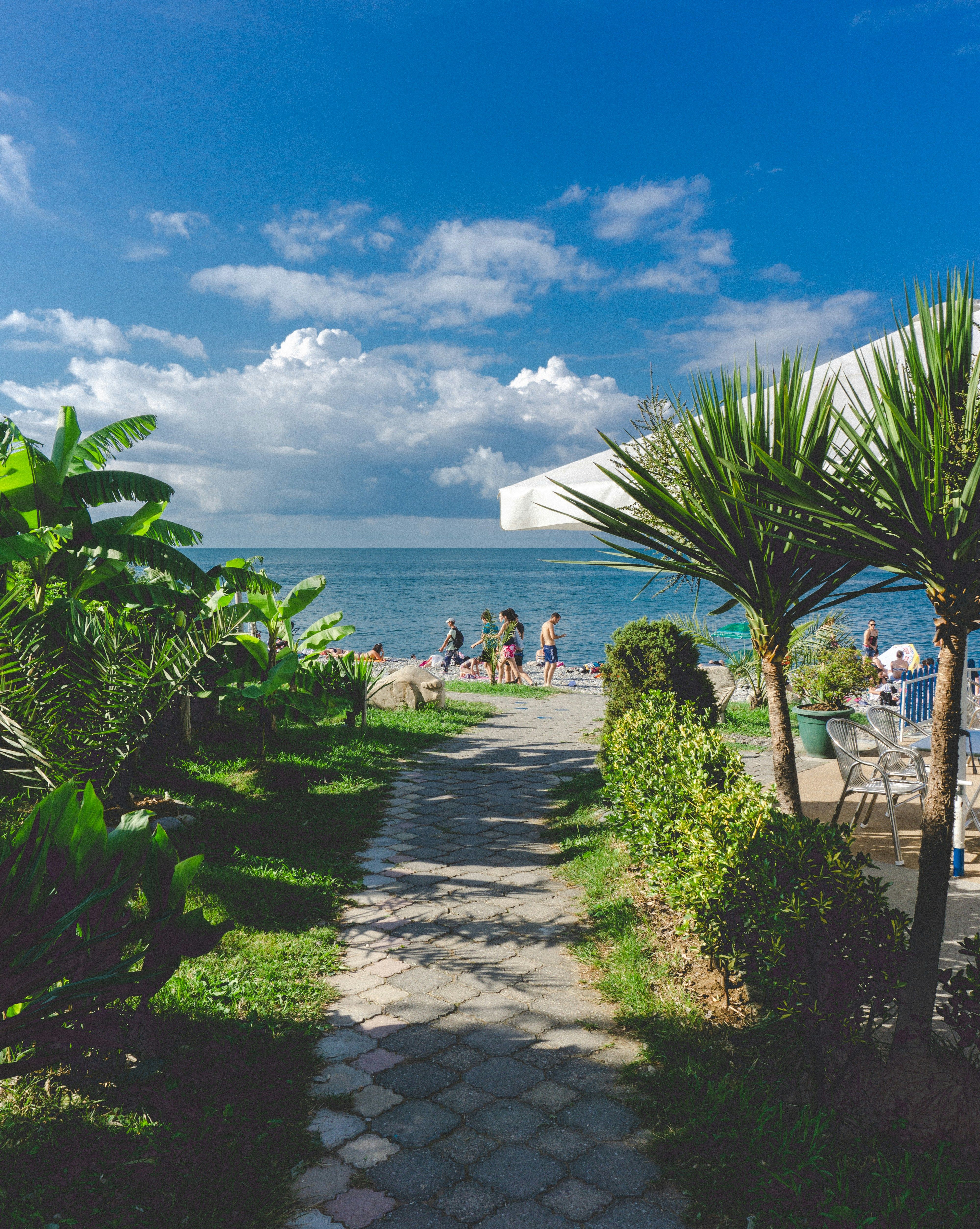Mental Sharpness Preservation: Adopting Mediterranean Diet and Active Lifestyle may Provide Protection
Study Assesses Combined Impact of Mediterranean Diet and Walking on Cognitive Decline
Researchers across Australia, New Zealand, and the United Kingdom are investigating whether a combination of the Mediterranean diet and regular walking, named the 'MedWalk intervention', could potentially lower the risk of cognitive decline, including Alzheimer's dementia. The researchers have published updates on the ongoing study, disrupted by the COVID-19 pandemic, in the Journal of Alzheimer's Disease.
Originally designed to evaluate cognitive changes over a two-year period, the study aims to discover a 12-month alteration in visual memory and learning among participants. However, due to pandemic-related complications, researchers have reduced the follow-up period to a single year and expanded the participant pool.
The primary focus of the study is the effect of the MedWalk intervention on visual memory and learning, but researchers are also observing its impact on mood, quality of life, health costs, cardiovascular health, and arterial stiffness. Participants must be aged between 60 and 90 and reside in South Australia or Victoria.
Participants are assigned to either the MedWalk intervention group or a control group following their usual diet and activity regimen. The MedWalk intervention combines dietary modifications with a supervised walking program, reinforced by psychosocial behavioral change techniques. Participants receive intensive support during the initial six months, with further assistance available for the subsequent six months.
The Mediterranean diet's benefits for brain health have been evident in numerous studies, with research linking the diet to lower rates of dementia, and Alzheimer's disease in particular. Certified nutritionist Conner Middelmann highlights its potential antioxidant properties, rich omega-3 fatty acid content, and fiber-rich composition as contributors to better brain health. The diet also encourages sharing meals with family and friends and engaging in regular exercise—both of which have been associated with cognitive health improvements.
Regular walking is associated with slower cognitive decline, possibly because it increases brain blood flow, promotes higher brain activity levels, and reduces stress while boosting feelings of well-being. The MedWalk intervention could potentially offer synergistic benefits, as it combines essential nutrients from the Mediterranean diet with the brain-boosting effects of regular walking.
Before the end of 2023, the study will complete its data-collection period. The findings may offer significant insights into the combined effects of the Mediterranean diet and walking on dementia and cognitive decline, ultimately contributing to practical, evidence-based approaches to brain health and dementia prevention.
- Researchers are investigating the potential of a 'MedWalk intervention' (consisting of the Mediterranean diet and regular walking) to lower the risk of cognitive decline, including Alzheimer's dementia.
- The study aims to discover a 12-month alteration in visual memory and learning among participants, although the follow-up period has been reduced to a single year due to the COVID-19 pandemic.
- The MedWalk intervention isn't just focused on visual memory and learning; researchers are also observing its impact on mood, quality of life, health costs, cardiovascular health, and arterial stiffness.
- Participants assigned to the MedWalk intervention group must adhere to dietary modifications and a supervised walking program, with psychosocial behavioral change techniques for support.
- Numerous studies have shown the benefits of the Mediterranean diet for brain health, linking it to lower rates of dementia, particularly Alzheimer's disease, due to its potential antioxidant properties, omega-3 fatty acid content, and fiber-rich composition.
- Regular walking offers benefits for cognitive health, as it increases brain blood flow, boosts feelings of well-being, and may provide synergistic benefits when combined with the essential nutrients from the Mediterranean diet in the MedWalk intervention.







